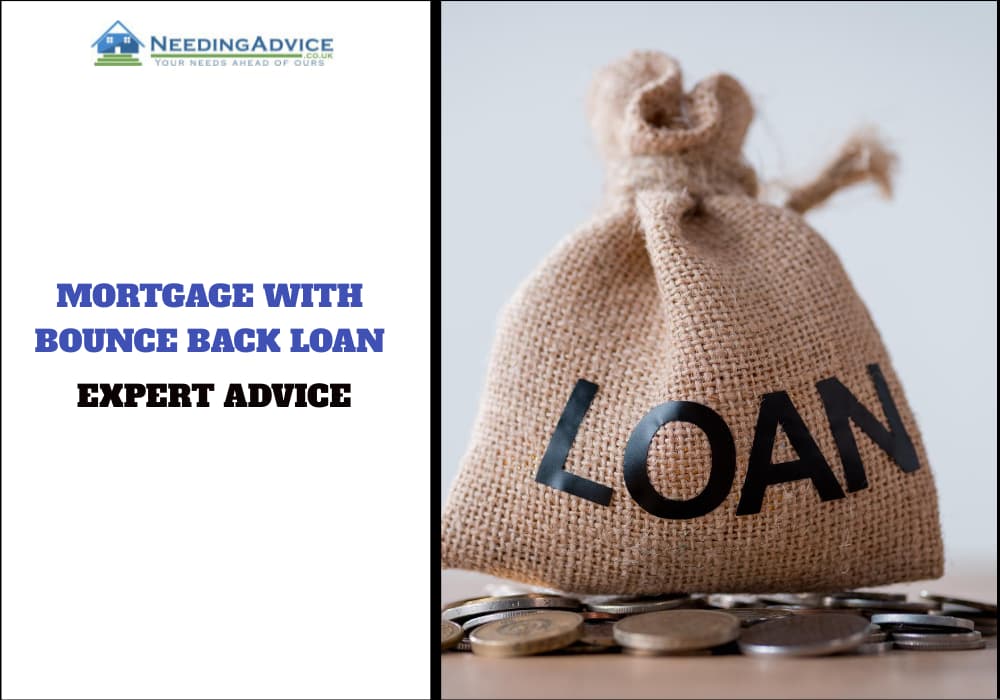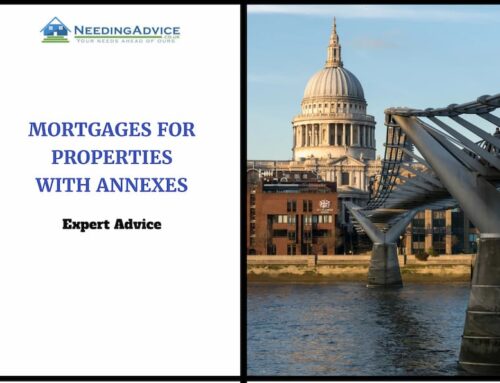Securing a mortgage while having a bounce back loan may seem challenging, but it’s not impossible. According to the latest data, as of 31 July 2022, businesses had drawn a total of £46.6 billion through the Bounce Back Loan Scheme (BBLS). This scheme was primarily designed to aid small businesses impacted by the COVID-19 pandemic.
The government has clarified that these loans can be utilised to clear existing debts or to kick-start new business ventures. However, it’s important to note that these loans have started to influence the process of initiating a new mortgage application. This is mainly because lenders are taking considerable time to verify the current financial status of the borrowers.
In this article, we aim to assist business owners who have availed a bounce back loan and are now looking to repay their debt. We, as expert mortgage advisors, will address the most common queries related to ‘mortgage with bounce back loan’. This includes understanding what a bounce back loan is, its impact on a mortgage, and whether a bounce back loan will affect your chances of securing a mortgage, among other topics. Stay tuned as we delve into these aspects in the following sections.
Post Topics
What is the impact of a bounce back loan on a mortgage?
Have I misused my bounce back loan?
What is a bounce back loan?
The government grants were introduced during 2020 by Rishi Sunak to support businesses affected by the challenging times caused by the coronavirus pandemic such as loans, grants and tax allowances.
The Bounce Back loan Scheme (BBLS) was put in place to help small and medium-sized businesses in a difficult time to borrow up to 25% of a business’ turnover at a low-interest rate, guaranteed by the Government. The maximum loan amount was £50,000.
Some of those who reach the eligibility criteria include self-employed borrowers/sole traders, business partnerships & limited companies.
The Bounce Back Loan Scheme closed to new applications on March 31 2021.
What is the impact of a bounce back loan on a mortgage?
If you have taken a bounce back business loan, you will not be prohibited to taking out a mortgage. A bounce back loan shouldn’t negatively impact your vcredit score if you cant pay it back. Personal assets won’t be taken, as a bounce back the loan is classed as an unsecured debt.
Some businesses are having a problem proving to mortgage lenders that their business is in a good financial position as they have previously required government support to survive during the coronavirus outbreak.
However, the scheme does not prohibit you from getting a mortgage. If you can provide sufficient financial information to prove your business is thriving, lenders will let you take out a mortgage. This is where the expertise of a Mortgage Broker comes in handy as they know which lenders are more accepting of bounce back loans.
Of course, if you are considering a mortgage, you do need to ensure that this is something that is financially viable for you; otherwise, you could end up with spiralling debt problems. Using online tools such as a mortgage or secured loans calculator can help you to determine affordability with greater ease.
Have I misused my bounce back loan?
On the other hand, BBL borrower’s misuse of the business loan can reduce your chances of being accepted for a mortgage application. Some businesses which weren’t financially affected by the Covid-19 pandemic misused the BBLS when it wasn’t necessary for their survival as intended.
Misuse may include some of the following:
- Using the funds to purchase new personal assets
- Transferring the lump sum to a personal bank account
- Giving the money to a third party, such as a family member or friend
- Funding a significant increase in directors’ salaries or dividends
You must prove to lenders that you needed the bounce back loan when you took it out, and prove to them that you have recovered from the coronavirus situation. One way in which you prove this is showing the lender 4 months of business bank statementsA record of a borrower's financial transactions often requir.... Having a good business credit score should also help, try avoid bad credit.
Lenders have increased their checks to ensure bounce back loans aren’t being misused by business owners, such as a heightened fraud checks and standard checks. There may be extra affordability checks for self-employed applicants.
If you haven’t paid back your loan and you are found to have used the BBLS inappropriately, this can be seen as fraud. You may have to pay the outstanding balance personally. You could also receive a heavy fine.
If you have misused the BBLS but paid it back, you won’t be punished. You still may be looked at unfavourably by the mortgage lender.
Next Steps
The coronavirus pandemic has been tough on all of us and the bounce back loan scheme was a lifesaver for many business owners. However, the bounce back loan caused some problems for mortgage applicants who were unable to repay their loans. If you took out the bounce back loan and are concerned about how it might affect your ability to get a mortgage, speak to our team of mortgage brokers. We can advise you on what steps need to be taken to resolve any issues.
FAQs – Mortgage with Bounce Back Loan
What is a Bounce Back Loan and who is eligible?
The Bounce Back Loan Scheme was a government grant initiative to aid businesses during the difficult times of the COVID-19 pandemic. Eligibility criteria required UK-based businesses affected by the pandemic to demonstrate their financial strain and a drop in cash flow. The scheme has since closed to new applications.
How does a Bounce Back Loan impact my credit rating and mortgage application?
Holding a Bounce Back Loan may require extra affordability checks during your mortgage application process due to the additional debt. Lenders will scrutinize your credit history and financial management skills more closely, especially if there’s a recent background credit checkA check of a borrower's credit history, which is used by mor... indicating financial difficulties.
Can a self-employed mortgage applicant secure a mortgage if they have a Bounce Back Loan?
Yes, a self-employed person can still obtain a mortgage despite having a Bounce Back Loan. However, mortgage lenders may conduct a thorough credit check and require detailed business bank statements and a tax year overview to assess the economic impact and financial commitment involved.
What are the implications if my business cannot repay the Bounce Back Loan?
If your business fails to repay the Bounce Back Loan, it could lead to a credit issue, potentially damaging your credit record and affecting future financial opportunities. Engaging with your lender early on can provide options for restructuring the debt under terms like Pay As You Grow (PAYG) to ease financial strain.
Should I consider purchasing property while repaying a Bounce Back Loan? When considering a property purchase while repaying a Bounce Back Loan, it’s crucial to assess your monthly income against your mortgage and loan repayments. Consultation with a mortgage consultant can help navigate the complexities of mortgage applications under these circumstances.
How can a mortgage broker assist with getting a mortgage under these conditions?
A mortgage broker can be instrumental for individuals with a bounce back loan looking for favourable mortgage terms. They have access to hundreds of mortgage lenders, including niche lenders, who may offer more favourable mortgage deals to those under financial commitments from such loans.
What were the repayment options for a Bounce Back Loan?
The Bounce Back Loan offered several repayment options to assist businesses in managing their finances during the coronavirus outbreak. These included extending the loan term up to 10 years, making interest-only payments for a set period, or taking a repayment holiday, all aimed at reducing monthly repayment amounts while allowing businesses to regain stability.







Leave A Comment